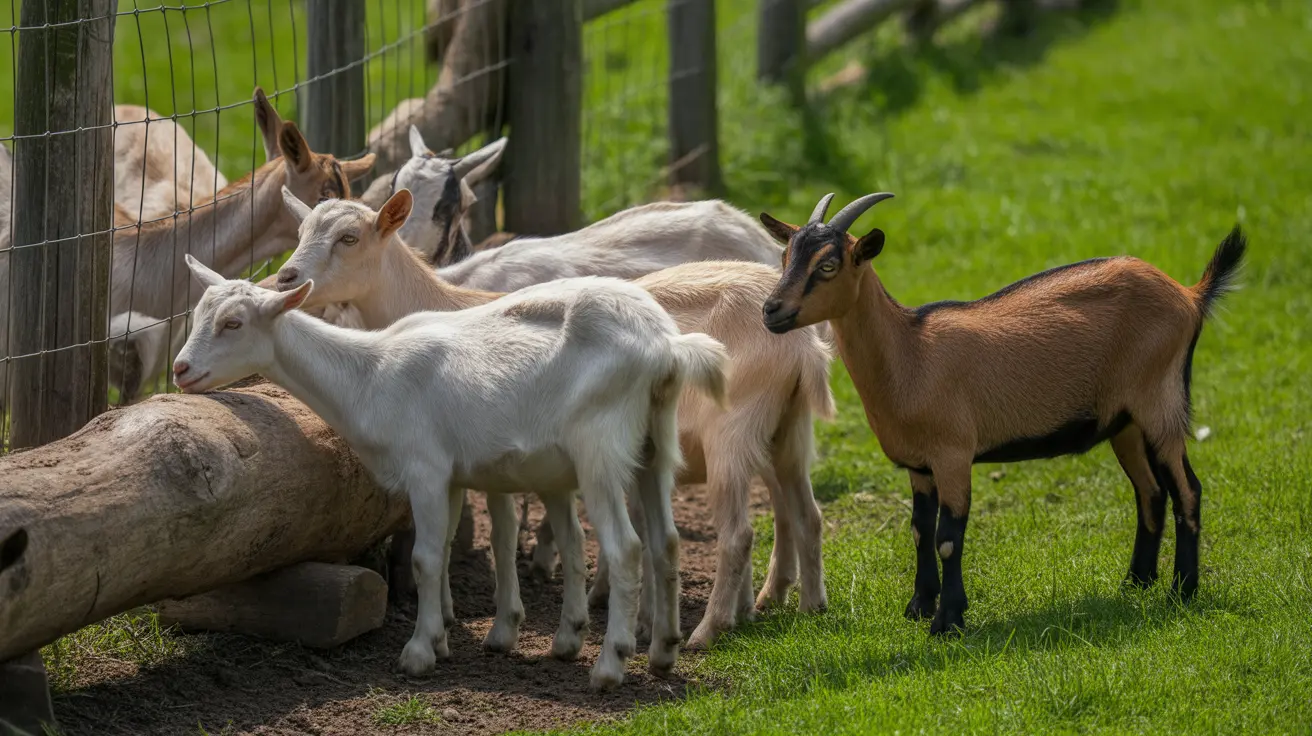Is Jasmine Rice the Same as White Rice?
When choosing the right type of rice for your dog or even for yourself, understanding the differences between rice varieties is essential. One common question is whether jasmine rice is the same as white rice. While they are similar in some ways, there are key differences that set them apart.
What Is White Rice?
White rice refers broadly to rice that has been milled to remove the husk, bran, and germ. This process gives it a light color and a softer texture while reducing fiber and nutrients. It's commonly used in various dishes and is known for its mild flavor and easy digestibility. In the context of dogs, white rice is often recommended by veterinarians due to its bland nature and its ability to settle an upset stomach.
What Is Jasmine Rice?
Jasmine rice is actually a type of long-grain white rice that is particularly popular in Southeast Asian cuisine. It gets its name from the jasmine flower because of its naturally fragrant aroma. While it is processed similarly to other white rice varieties, jasmine rice is known for:
- Aromatic Properties: A distinct floral aroma that enhances flavor.
- Texture: Slightly stickier and softer when cooked compared to standard white rice.
- Appearance: Long and slender grains with a glossy finish after cooking.
Similarities Between Jasmine and White Rice
Despite the distinctions, jasmine rice shares many commonalities with other white rice types:
- Processing: Both are milled and polished, removing fiber-rich outer layers.
- Color and Cooking: Whitish in color with quick cooking times and soft texture.
- Digestibility: Easily digested, making them good options for dogs with sensitive stomachs.
Nutritional Profile
From a nutritional standpoint, both jasmine rice and standard white rice offer digestible carbohydrates for energy. However, jasmine rice may hold minor differences due to subtle variations in grain composition. Still, both types are:
- Low in fat and cholesterol
- Contain small amounts of magnesium, manganese, and B vitamins
- Gluten-free and easy to incorporate into a variety of diets
Brown rice, by contrast, retains the bran and germ, which makes it higher in fiber and nutrients but potentially harder to digest, especially for dogs with gastrointestinal issues.
Jasmine Rice for Dogs
In terms of canine nutrition, jasmine rice is safe for dogs when prepared correctly. It can be included as a treat or during a bland diet as recommended by a veterinarian. Key benefits include:
- Regulation of digestion during diarrhea or vomiting
- Providing energy through carbs
- Vitamins and minerals that support immune health and metabolism
However, rice should always be:
- Cooked thoroughly to ease digestion
- Served plain, without oil, butter, salt, garlic, or onions (which can be toxic)
- Portion-controlled based on your dog’s size
What About Other Rice Varieties?
Other rice types like basmati rice also offer bland, digestible options for dogs. Basmati shares similarities with jasmine in being long-grain and aromatic. Brown rice is also good in moderation but should be avoided during acute gastrointestinal conditions due to its fibrous content.
Risks and Considerations
Though rice is generally safe, several considerations apply:
- Allergies: Rare, but possible—watch for skin irritation or digestive signs.
- Obesity and Diabetes: High-carb foods like rice can spike blood sugar and promote weight gain in vulnerable dogs.
- Not a Staple: Rice should complement, not replace, a balanced commercial dog diet.
Feeding Guidelines (by Dog Size)
- Extra-small dogs (2–20 lbs): 1–2 tablespoons
- Small dogs (21–30 lbs): 2–3 tablespoons
- Medium dogs (31–50 lbs): 1/4 cup
- Large dogs (51–90 lbs): 1/3 cup
- Extra-large dogs (91+ lbs): 1/2 cup
Conclusion
While jasmine rice is a type of white rice, it has unique characteristics such as fragrance and texture. For both humans and pets, jasmine and other white rice varieties can be used interchangeably in many contexts, though flavor, cooking qualities, and slight nutritional distinctions may influence preference. For dogs with digestive issues or as an occasional treat, jasmine rice is a safe and effective choice—just be sure to consult with a vet for tailored advice.





